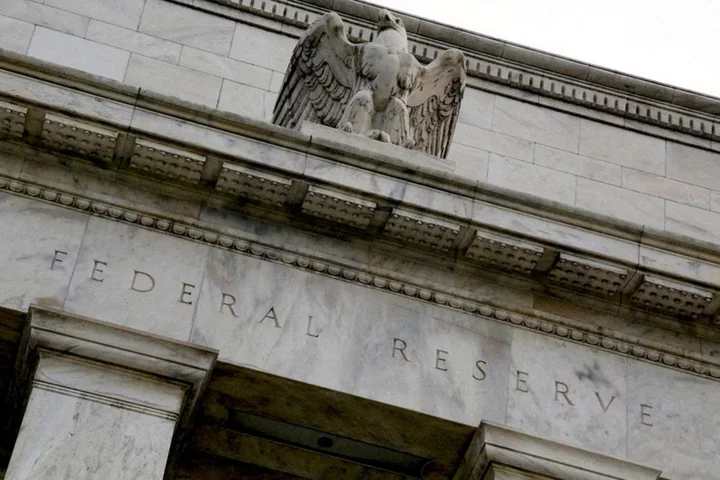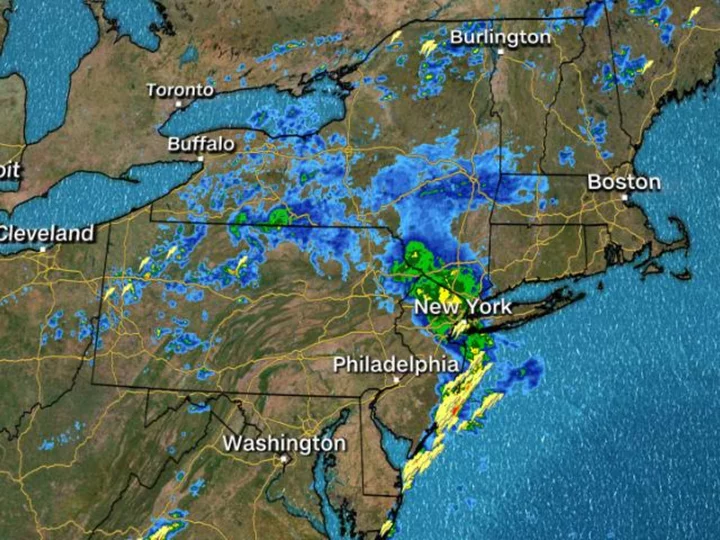By Pete Schroeder and Ann Saphir
WASHINGTON (Reuters) -The Federal Reserve is eyeing stricter rules on banks over $100 billion in assets and will ensure supervisors more aggressively police lenders following several recent bank failures, its top regulatory official told Congress on Tuesday.
Fed Vice Chair for Supervision Michael Barr said the agency was "carefully considering" rule changes for larger regional banks of over $100 billion in assets, including requiring them to account for unrealized losses on their books when considering capital levels. Such lenders had previously had rules relaxed under the Trump administration.
Bank watchdogs have been under intense scrutiny after the collapses of Silicon Valley Bank and Signature Bank triggered a rout in global banking shares and set off fears of contagion.
Also testifying before the House Financial Services Committee were top officials from the Federal Deposit Insurance Corporation, and the Office of the Comptroller of the Currency.
They also vowed to take a tougher stance and embolden supervisors to be more aggressive after their own post-mortem reports on the failures found the watchdogs were aware of some of the issues but did not move quickly enough to address them.
"The core issue was the failure on the part of examiners to compel compliance when issues were identified," said FDIC Chairman Martin Gruenberg.
Republicans on the committee, though, urged the officials to consider simply using their existing tools more efficiently, rather than writing new rules.
"You have used this crisis to justify progressives’ long-held priority to increase capital requirements and impose more regulations on banks," added Representative Patrick McHenry, who chairs the panel.
Representative Blaine Luetkemeyer said "better supervision would be better than more capital."
Tuesday's hearing marks the first time regulators have appeared before Congress since the FDIC agreed to sell failed First Republic Bank to JPMorgan Chase & Co this month.
While vowing to draft tougher rules, the agencies have also been criticized for not identifying and preventing weaknesses before the lenders failed.
Former SVB chief executive Greg Becker was also testifying on Tuesday before a separate panel. In prepared testimony, he said rapid interest rate increases and social media-fueled rumors drove the "unprecedented" bank run that sank his firm.
(Reporting by Pete Schroeder, editing by Deepa Babington)









